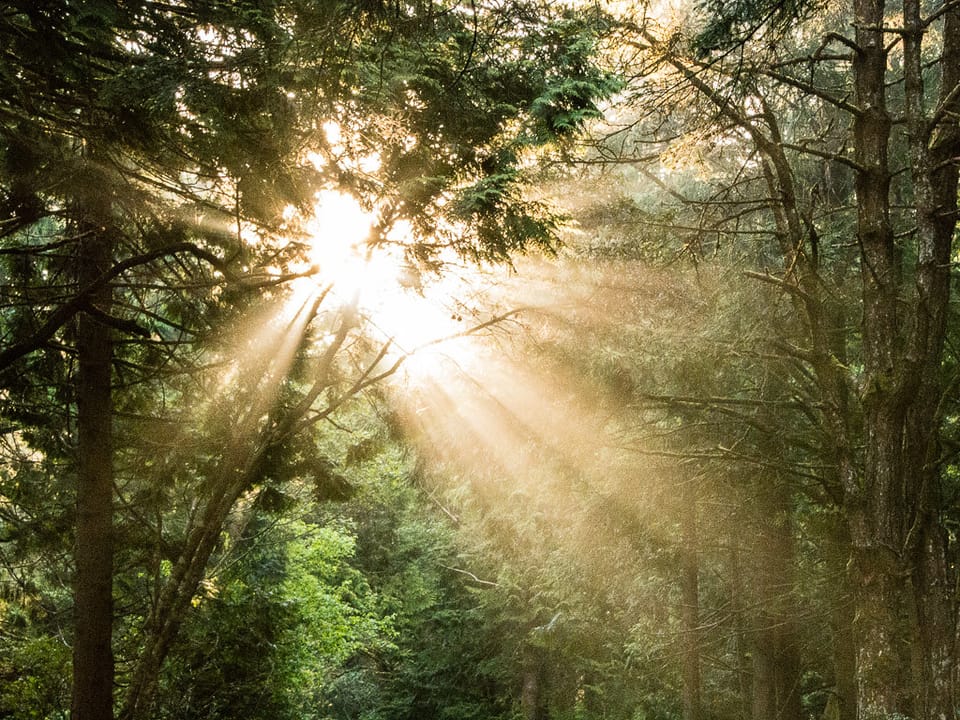EcoWest News, June 21, 2022

Welcome to EcoWest News, a weekly round-up of news and resources that you can put to use in addressing environmental issues and protecting the wild in your community.
Across the West
West Coast Environmental Law has launched a campaign to sue large oil companies who have known for many years about the significant impact of their products on the environment and communities. The campaign follows in the footsteps of legal battles against tobacco, pharmaceutical, and asbestos companies. [The Energy Mix]
Anyone demolishing a pre-1950s home in the District of North Vancouver will soon need to salvage 3.5 kg of wood per square foot. Homes built before 1950 are easier to deconstruct so wood can be separated and reused. [CBC British Columbia]
Dan Peach wants to find out how many mosquito species can be found in BC. BC residents can help by slapping and mailing in the mosquitoes they encounter. [CBC British Columbia] You’ll find further information about Peach’s research in It’s Time to Show Mosquitoes a Little Love - Here’s Why. [EcoFriendly West]
Transition Salt Spring is researching ways to protect the island’s water supply by protecting the forested watershed. [CBC British Columbia]
Contrary to proposed federal guidelines, “noise produced by the drilling of new wells, which occurs during a brief period, had greater impacts on nesting birds than constant noise produced by oil wells.” [The Conversation]
Saskatchewan’s largest wind farm opened this past week with 50 turbines and the capacity to produce 200 megawatts of power. [CBC Saskatchewan]
Walter Potrebka’s photograph of a volunteer checking an owl’s health at the Manitoba Burrowing Owl Recovery Program is a finalist in the Conservation category of the Bird Photographer of the Year awards. [BBC]
The Manitoba Burrowing Owl Recovery Program has reintroduced more than 200 owls and created at least 30 artificial nesting sites over the past 10 years but is in urgent need of funding if they’re to continue their work. [CBC Manitoba]
Silica sand mining could result in acid drainage putting at risk southern Manitoba’s aquifers and drinking water. [Our Line in the Sand Campaign Manitoba]
Across Canada
The federal government has announced a ban on certain plastic items. Environmentalists say it doesn’t go far enough. Businesses say alternatives aren’t readily available. [CBC]
Canada has 1.4 million km of rural roads. By choosing when to mow our right of ways and what to plant, we can create safe breeding habitat for monarch butterflies. [Calgary Herald]
Around the World
An Australian believes hairdressers are in an ideal position to talk about climate action “because they have a relationship of trust with clients who spend about an hour at a time in the salon, and return every eight weeks.” [Sidney Morning Herald]
On the Bookshelf
Who Owns the Wind by David McDermott Hughes explores how villagers living near a lot of wind turbines feel about them (choice, ownership, and aesthetics) and what is required to build a broad support base. [Earthbound Report]
From hawks and sharks to eco-anxiety and road ecology – 14 environmental books to read this summer. [The Revelator]
Nature’s Wonders
Two bald eagles on Gabriola Island are raising a red-tailed hawk. Scientists believe the chick was originally caught as food but adopted when it made begging sounds. [Times Colonist]
Polar bears are finding ways to adapt to a changing climate with new ways of nesting and eating, but the effects of climate change are happening faster than polar bears can reproduce. [Gizmodo]
Photo credit: https://www.flickr.com/photos/apmckinlay/34877265935
EcoFriendly West informs and encourages initiatives that support Western Canada’s natural environment. Like us on Facebook, follow us on Twitter, or subscribe by email.

Member discussion